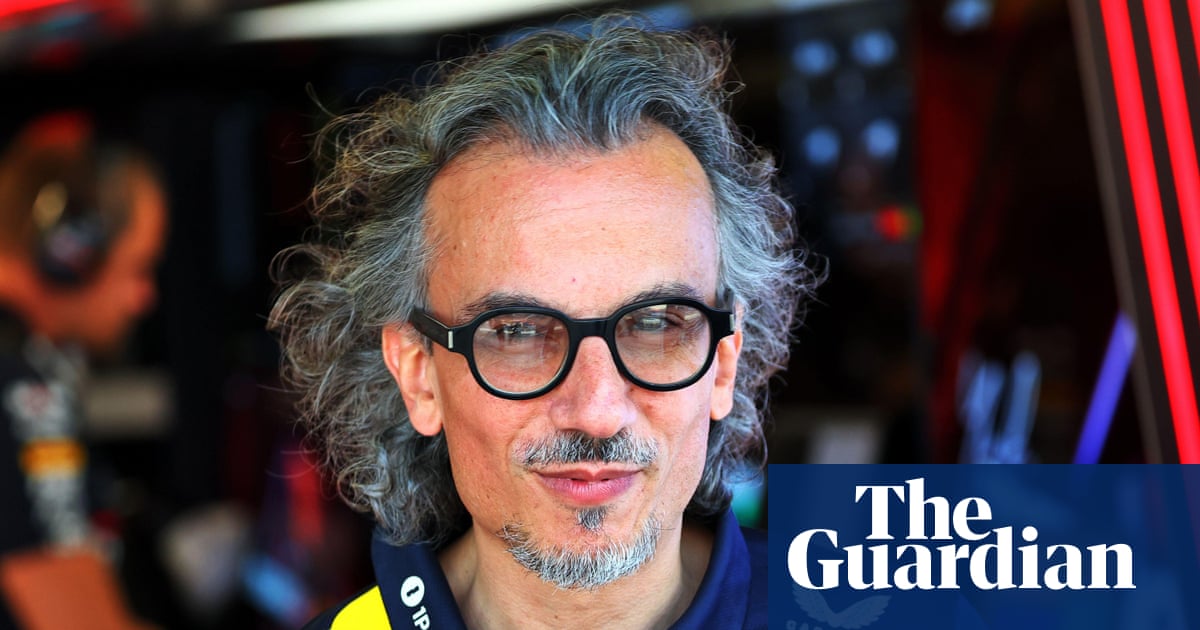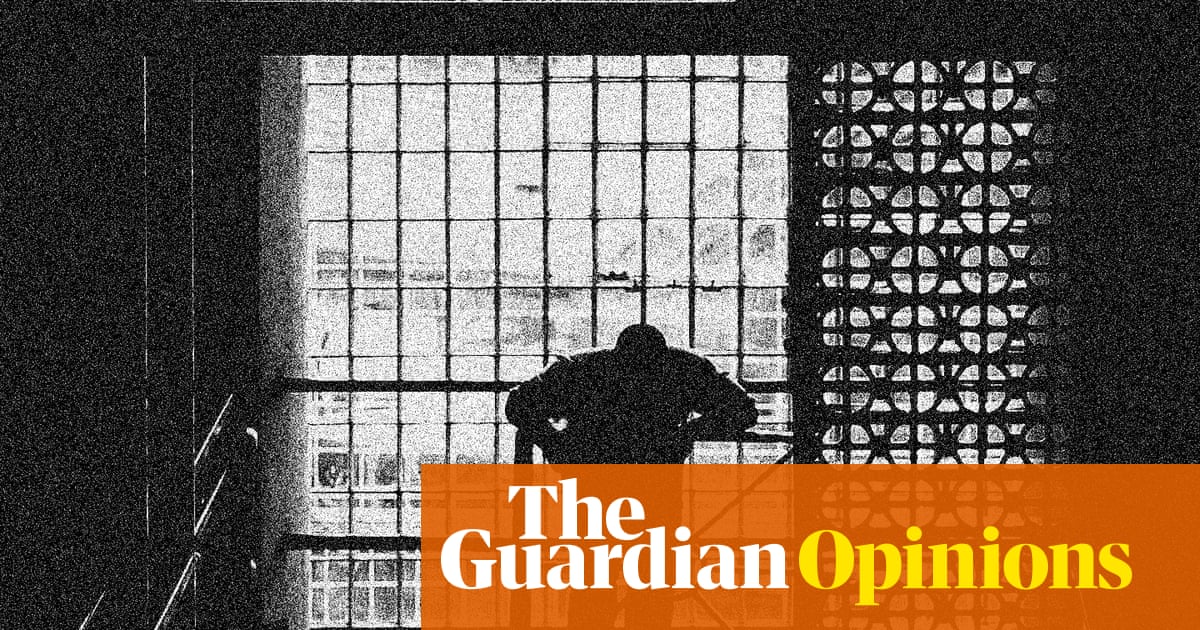Waiting is an inevitable part of life. From the slow shuffle at the supermarket checkout to the more profound waiting between a medical test and its result, wait we must. Yet in a society hellbent on speed and efficiency waiting has become the enemy.
Historically, the act of waiting had spiritual meaning: waiting for the Messiah or the second coming, waiting for sacred rain, or the return of the Sun God. But in today’s world, where time is money and productivity is a virtue, we’ve developed a pervasive impatience.
Waiting raises our anxiety – not just mentally but physiologically, as stress hormones flood our systems. We experience it as a gap to be filled, a void to be plugged.
It also heightens our awareness of uncertainty, and uncertainty activates the same neural pathways as pain, fear and threat detection. But while these neurological facts explain our psychological responses to waiting, explanations do not necessarily change these responses.
There are different forms of waiting, each demanding something unique from us. Everyday waiting – traffic jams, slow wifi – tests our patience and requires frustration tolerance. Interpersonal waiting, where we are asked to match the pace of someone more vulnerable, calls us to slow down and inhabit a better version of ourselves. And then there is existential waiting, which is particularly challenging as it relates to matters of life and death. Existential waiting can lead us into the abyss: catastrophic thinking, free-floating anxiety, the unravelling of our defences, even the fragmentation of our sense of self.
Navigating these moments requires the capacity to bear difficulty with grace, and to cultivate faith and hope that transcend the immediate, without slipping into denial and unreality. It means tolerating anguish, slowing down and navigating suffering, not only with tolerance but with purpose and hopeful endurance.
Religious traditions have long valorised such states. Christianity focuses on the redemptive power of suffering through Christ; Sufism sees longing and anguish as paths toward union with the divine; Buddhism teaches us to sit with pain, to observe and detach.
Some secular philosophies also mirror these insights.
Viktor Frankl, writing from the depths of a concentration camp, emphasised the importance of finding meaning even in suffering. The contemporary rise of death cafes, where people gather to reflect on mortality, speaks to a desire to confront and grapple with the existential unknowns. These cafes offer a space to explore death as a way of enhancing life, inviting us to see waiting not as lost time but as time for becoming – individually, and in resistance to the commodification of time itself.
Existential waiting also raises important questions. What are we waiting for? What does it teach us? What are we becoming in the process? But before we can engage with these larger questions, many of us need help simply learning to tolerate the anxiety that waiting provokes.
Take Michael*, a high-achieving software developer who came to therapy after experiencing a panic attack prompted by a routine health check. Rational and successful, Michael found himself unravelling in the face of uncertainty as he awaited the results. He described himself as feeling “out of control” and “spiralling”. He couldn’t sleep. He compulsively checked his email. He imagined worst-case diagnoses. Physically, he experienced heart palpitations, stomach tightness, restlessness and persistent anxiety.
Digging deeper, it became clear that Michael’s difficulty with waiting was rooted in a familiar psychological pattern. He had grown up in a family that prized achievement and productivity. He had lived a life mapped out by goals – goals that he usually met. But recently, he had been shaken by the sudden death of a close friend his own age during a routine jog. Since then, his health anxiety had escalated.
In Michael’s case, the medical test – and the waiting it required – was the trigger for a common psychological pattern. His automatic thought was: “It’s probably bad news.” This gave rise to anxiety and dread, which led to physical symptoms like tightness in the chest and a racing heart. His response to this was rumination, compulsive checking, Googling and avoidance of sleep. These behaviours brought temporary relief but ultimately reinforced his anxiety. Underneath it all lay a core belief: that not knowing is dangerous. He struggled to hold multiple possibilities in mind; for him, uncertainty collapsed into catastrophe.
Therapy began by helping Michael recognise this cycle. We worked to challenge his catastrophic thinking and to open space for alternative outcomes. He was encouraged to delay checking his email and to soothe his anxiety in more helpful ways. He practised guided body scans to anchor himself in his body’s present safety. He learned mindfulness and breathing techniques. Gradually, he began to see waiting not as a void to be feared, but as an opportunity to observe.
Over time, Michael’s anxiety lessened. “Waiting still sucks,” he said. “But now it doesn’t own me.”
To live slowly and to wait well is an act of quiet rebellion – a refusal to see time as a thief. It is a form of resistance against a culture that equates speed with worth. Waiting will never be easy, but if we develop the capacity to wait with presence and intention we may discover that waiting is its own form of becoming. In the words of CS Lewis, waiting can become “the scent of a flower we have not found, the echo of a tune we have not heard”.
*Michael is a fictional amalgam to exemplify similar cases we see. The therapist is a fictional amalgam of both authors

 2 months ago
115
2 months ago
115

















































